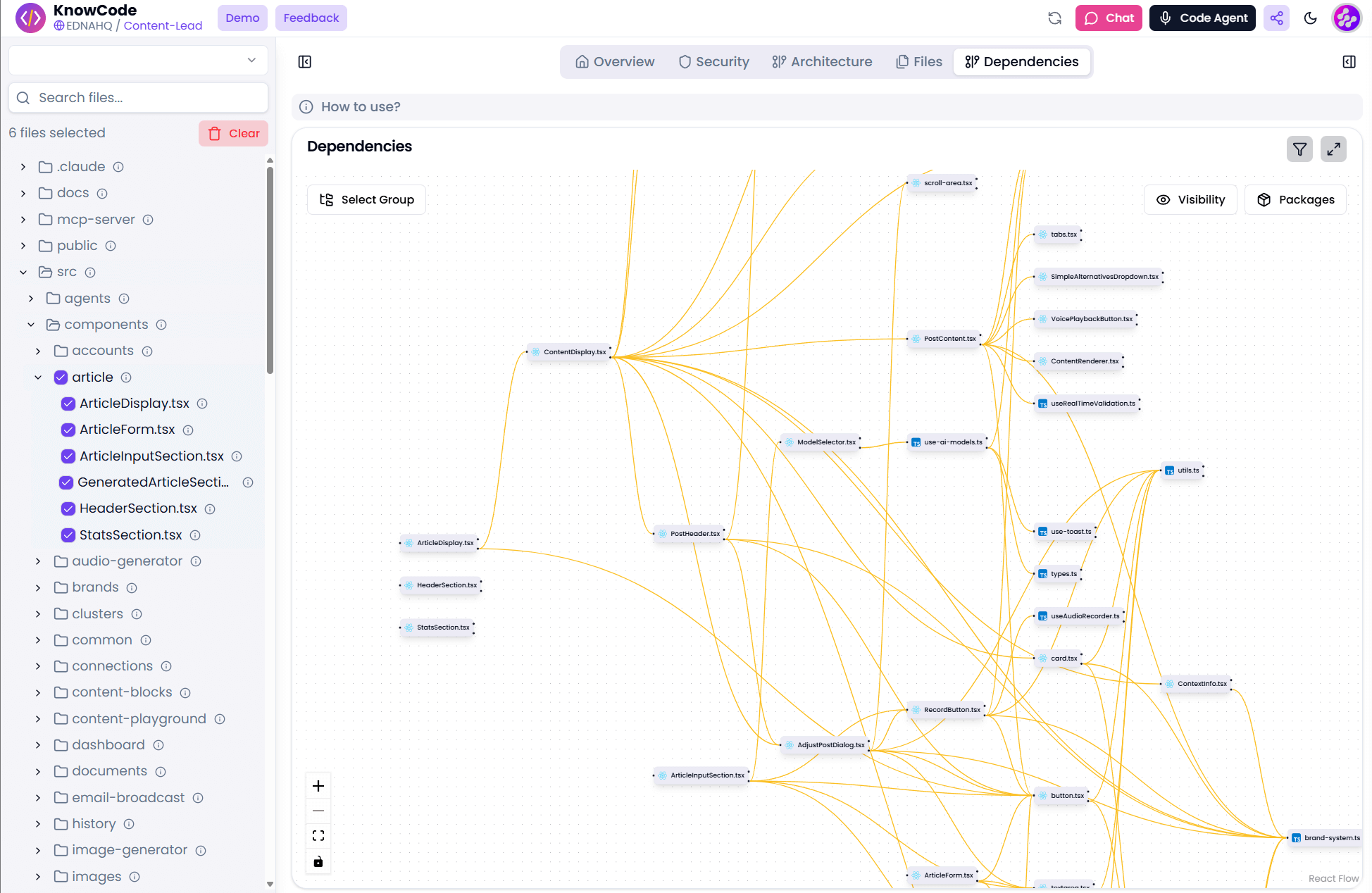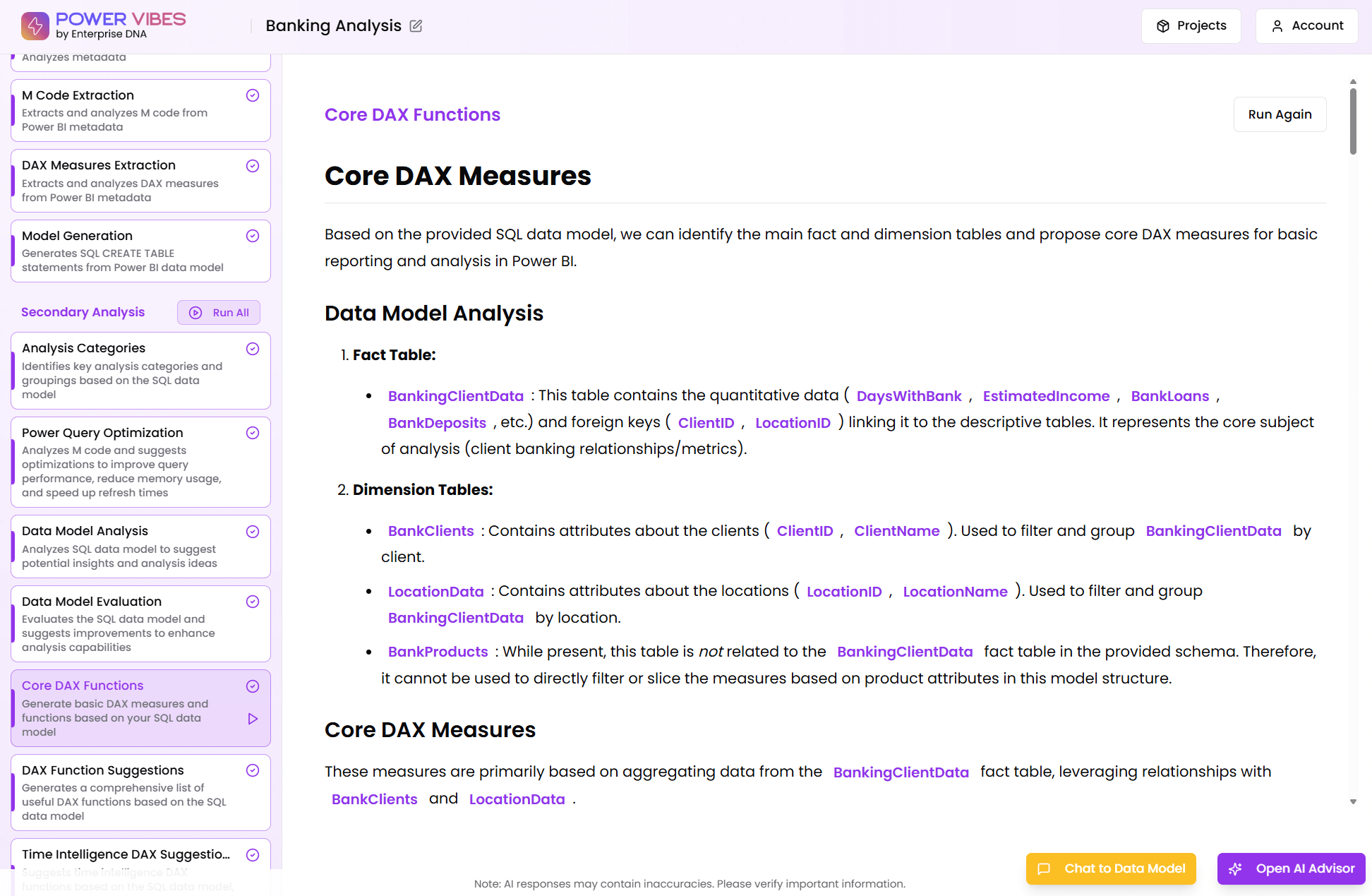DAX Function Guide
POWER
Sam McKay
CEO & Founder
How does the POWER work?
POWER Formula Syntax
POWER (
<number>, <power>
)
How do you use the POWER?
The POWER function can be used to raise a number to a given power. The POWER function works like an exponent in a standard math equation. In Excel, exponentiation is handled with the caret (^) operator.
Related Blog Posts
Loading
Considerations when using the POWER?
To appreciate the variety of behaviors among members of the power family, consider two simple cases:
- Even powers.
If b is a an even whole number like b = –2, 4, 10, etc., then for any input x we will have f(–x) = a(–x)b = a(–1)b(x)b = a(x)b = f(x) , since –1 raised to an even power is 1 . The function has a certain symmetry: Its outputs for any x are exactly the same as its outputs for –x . We call any function with this behavior an even function, with even powers serving as the archetype. - Odd powers.
If b is a an odd whole number like b = –1, 3, 7, etc., then for any input x we will have f(–x) = a(–x)b = a(–1)b(x)b = a(–1)(x)b = –f(x) , since –1 raised to an odd power is –1 . The function has a certain anti-symmetry: Its outputs for any x are exactly the opposite of its outputs for –x . We call any function with this behavior an odd function, with odd powers serving as the archetype.
The difference between odd and even powers only hints at the differences among power functions.
Related Video Tutorials
Loading
Formula examples using the POWER
2^2=POWER(2,2)=4
2^3=POWER(2,3)=8
2^4=POWER(2,4)=16
Related Courses
Loading










